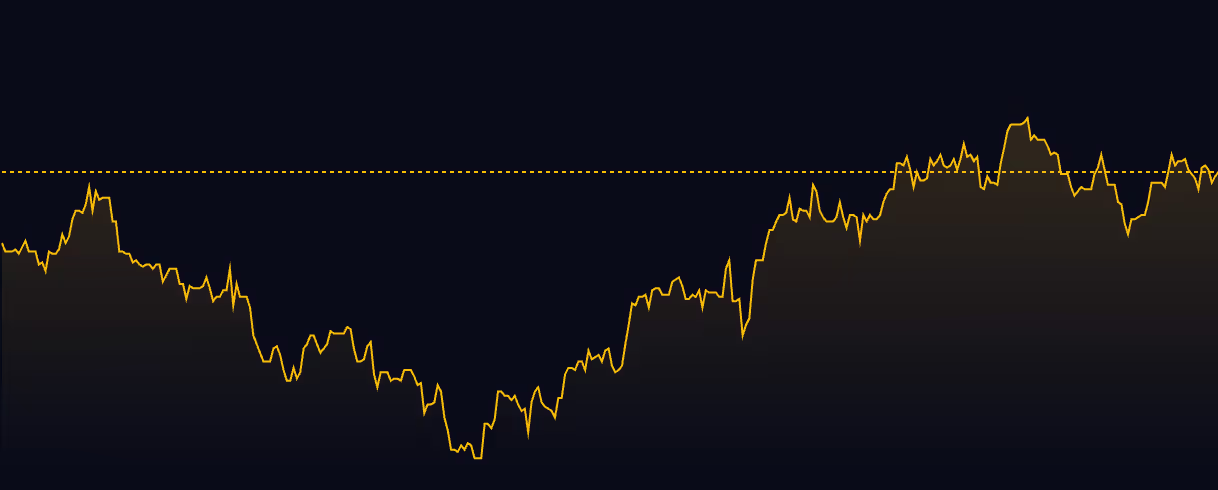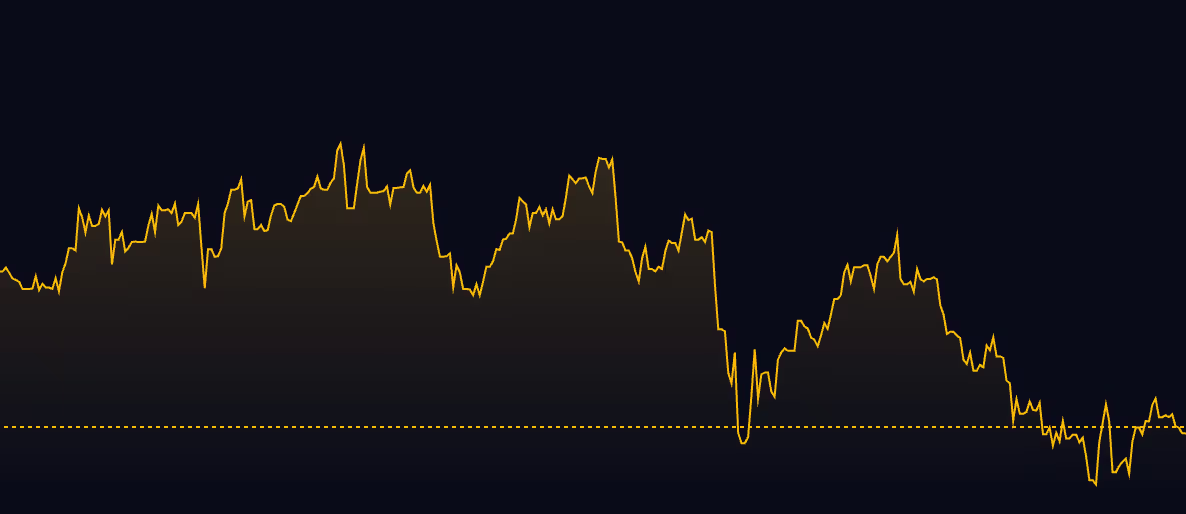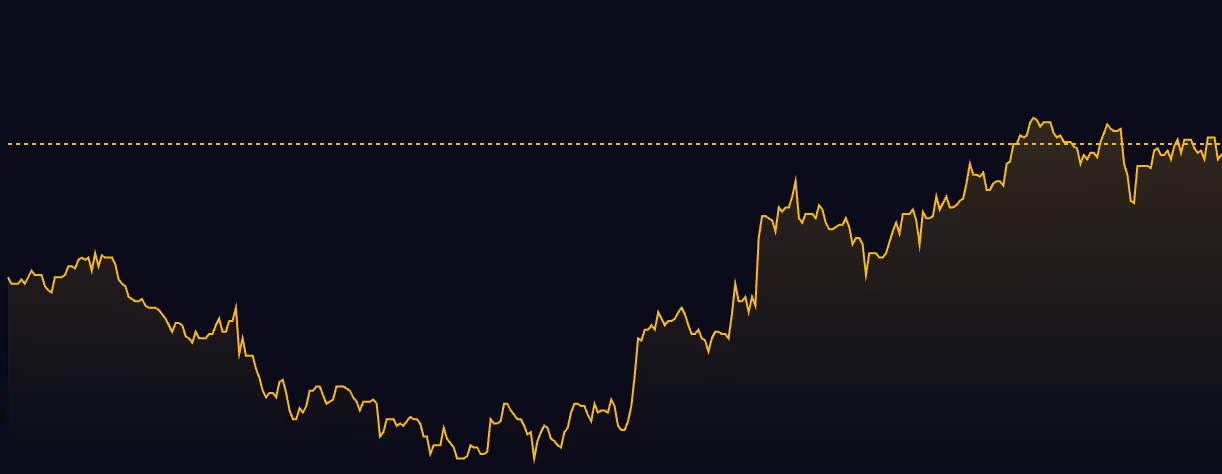When is the next G7 Summit?
The next G7 Summit is scheduled for June 14–16, 2026, in Évian, France. This will officially be the 52nd G7 Leaders’ Summit.
The G7 Summit plays a pivotal role in shaping the global political and economic landscape. It serves as a platform for high-level dialogue and coordination among the world's most advanced economies, addressing major international challenges such as economic stability, climate change, security, and public health.
Attendees include the heads of state or government from the G7 member countries, as well as representatives from the European Union. Depending on the host nation's agenda, the summit may also include invited leaders from non-member countries and representatives from key international organisations such as the United Nations (UN), the International Monetary Fund (IMF), and the World Bank.
What is a G7 Summit?
The G7 Summit is an annual gathering of leaders from seven of the world’s most advanced economies: Canada, France, Germany, Italy, Japan, the United Kingdom, and the United States. The European Union also participates as a non-enumerated member. These summits provide a platform for heads of state or government to engage in high-level discussions on pressing global issues.
The primary purpose of the G7 Summit is to coordinate responses to major international challenges. Although the group does not have formal legislative power, its influence is significant. Topics typically discussed at these summits include global economic stability, climate change, public health, international security, and development aid. The outcomes often shape the direction of global policy and financial systems.
Despite its limited membership, the G7 wields considerable influence. Collectively, its members represent around 10% of the world’s population but account for approximately 40–45% of global GDP. While the group excludes major emerging economies like China and India, its decisions often shape international frameworks for trade, development, and diplomacy.
What are the 7 countries in the G7?
The G7 (Group of Seven) is made up of the following seven countries:
- 🇨🇦 Canada
- 🇫🇷 France
- 🇩🇪 Germany
- 🇮🇹 Italy
- 🇯🇵 Japan
- 🇬🇧 United Kingdom
- 🇺🇸 United States
In addition to these seven nations, the European Union also participates in G7 meetings as a non-enumerated member.
Where is the G7 2025 in Canada?
The G7 Summit in 2025 will take place in Kananaskis, Alberta, Canada—specifically at Kananaskis Village, located in Kananaskis Country amidst the Canadian Rockies.
The summit is scheduled for June 15–17, 2025, bringing together leaders from the G7 nations, the European Union, and invited guests in a secure and scenic mountain setting.
Why did Russia leave the G7?
Russia was removed from what was then called the G8 in March 2014, following its annexation of Crimea in Ukraine. The remaining seven members—Canada, France, Germany, Italy, Japan, the UK, and the US—opted to meet as the G7 instead. This was seen as a response to what the G7 called a violation of Ukraine’s sovereignty and international law .
Though Russia was not formally expelled, its participation was indefinitely suspended. It remained suspended until January 2017, when Moscow announced it was permanently withdrawing from the group
What is the main purpose of G7 Summit?
The main purpose of the G7 Summit is to provide a forum for the leaders of the world’s most advanced economies to coordinate on global economic governance, security, and major international challenges.
At its core, the G7 exists to:
- Promote global economic stability and growth - Leaders discuss macroeconomic trends, inflation, trade, and fiscal policies to align strategies for sustainable development.
- Address geopolitical and security issues - The G7 tackles pressing issues such as conflicts, terrorism, nuclear proliferation, and democratic resilience.
- Lead on climate change and environmental policy - Member states work toward common goals on emissions reductions, clean energy, and global environmental protections.
- Strengthen public health and development cooperation - From pandemic preparedness to health system funding and vaccine access, public health is a recurring theme.
- Shape global rules and standards - The G7 often leads on setting frameworks for digital governance, financial regulation, corporate taxation, and AI ethics.
While the G7 has no binding authority, its influence stems from the collective economic and political power of its members. Its decisions often set the tone for broader international policy and action.
This publication is intended for general information purposes only and should not be construed as financial, legal, tax, or other professional advice from Equals Money PLC or its subsidiaries and affiliates.
It is recommended to seek advice from a financial advisor, expert, or other professional. We do not make any representations, warranties, or guarantees, whether expressed or implied, regarding the accuracy, or completeness of the content in the publication.




















